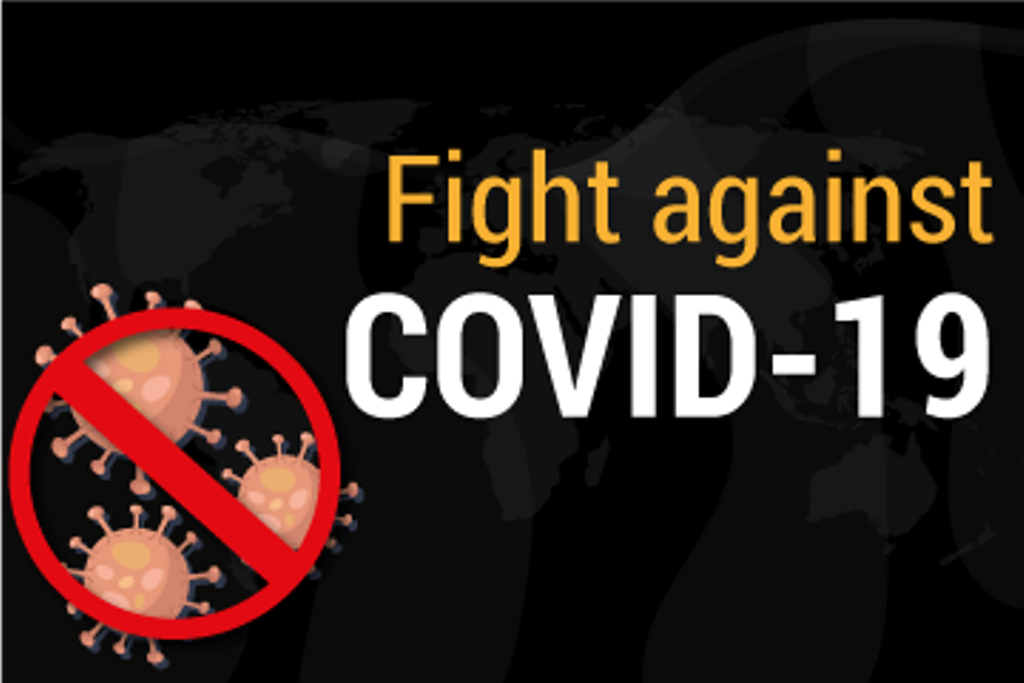Teaching with the technology: solution or sacrifice

Robert Frost in his famous poem ‘The Road Not Taken’ symbolizes road as the choice we make in our life that impacts our destiny and future. The important message in the wake of an unprecedented outbreak of COVID-19 has shaken up the landscape of worldwide educational scenarios dramatically about our forced choice for online education. The predominance of face-to-face teaching vs. online education shows this choice between the road not taken versus the road taken. The road not taken calls for “emergency remote teaching”, though, in the present circumstances, it might initially appear as uncharted territory to some, if not too many.
Although online learning technology has figured under the wide variety of different formats over half a century, one could say that the novel COVID-19 has made the educational institutions aware of the new normal way of academic exchange. Confronted with a host of challenges from the environmental and global impact of the pandemic, experts in educational institutions have been forced to adopt the road not taken-alternative social distancing remote teaching strategies. Different educational institutions have had to rethink their classroom delivery instructional and assessment procedures not only about domestic pandemic issues but in the context of globalization. Experts have begun to adopt new methods of online technology for disseminating research and teaching in the face of the social impact of the potential dangers of communicating face-to-face.
The traditional educational system is moving online. This was the case before the COVID-19 crisis also, but the way this pandemic forced the educational system to change from classroom teaching to online teaching has truly been unprecedented. We are facing a deadlock kind of situation for the education systems around the world. It terribly illustrates the need for schools, colleges and higher educational institutions to build technological support and digital proficiency to handle this COVID -19 crisis and to enter in a new era of teaching and learning. We all need to understand that there are differences in pattern, model, plan, composition and support of online/distance teaching and classroom teaching. However, I do believe that online feedback is limited in nature which causes social isolation, so far this is one of the basic remedies to reduce expansion from this pandemic.
No one would have predicted the immediate necessity of Online learning technology in full flow in the face of Covid19. Covid19 is likely to profoundly impact the way we alter our lifestyle, human behaviour and learning behaviour. The impact would be seen in the way we learn and teach. It might change the formal off-line learning systems though it may not be solely replaceable. Now Online learning has started influencing human thinking and behaviour. It has already altered the growth of employment prospects beyond everyone’s imagination and at the same time, it has resurfaced the forefront of online learning.
The higher education environs have historically been slow to adapt. Basically, every institution in the world is now trying to find out how they will offer online learning and teaching as a stop-gap measure. Fortunately, technology and content are available to help them do this quickly and with quality. The mechanization and platform choices are making it easier for the school, colleges, and universities to deliver a high-quality online learning experience. Had the crisis occurred a decade ago, it would have deformed the system. Fortunately, now we have extensive internet access, high-quality communications tools, friendly video conferencing and smartphone ratification.
In the context of prolonging the impact of COVID-19 crisis, the state's role will expand and a greater openness to OLT is increasing so far as reopening of schools are done on posting online or digital materials on YouTube and in WhatsApp groups. The pandemic has shown that it is possible to manage some aspects of English language Education on a remote basis. However, initial challenges are many in terms of technological and training disadvantages, poor connectivity and lack of resources. Students are easily losing track of their studies in online education since there are no face-to-face lectures and classmates to remind you about assignments. Until and unless you keep yourself motivated it takes a long time to complete your course or abandon your entire course. Like any economic crisis, Covid19 will transform the learning environment in government and private setups beyond recognition. The paradigm shift will require a refocus on realignment, retraining and re-skilling of manpower and new benchmarks will come into effect with a redefined version of competencies and skills. Raman (2020) sees it as digitization, automation and artificial intelligence would affect also in education but with a realignment of workforce with business processes, changes in curricula, development of new faculty ‘whereas employees who cannot reinvest in the new capacity-building order will become unsustainable.
But then there is one very important question that needs to be answered. How far professional preparation and uploaded materials have assumed a different dimension and direction? When social distancing begs a vital question as to how to create the best practices on online education there lies in its vibrant scope to address a range of audience based on documented materials it can accommodate and restructure the improvised materials for online teaching. Researchers, teachers and experts need to systematically document their use of online technology, critically reflect on achievements and pitfalls because of the operational realities of online technology. In a situation where the teachers and learners faced extreme challenges to work in remote settings where students always find difficulties to access online technology. Many of the students are not tech-savvy, they do not have any clear idea of online learning technology. Only then it is possible to measure the impact of learners’ performances in their attitudes towards this drastic change.
Rashid Nehal is a Professor at Dept. of English, Aligarh Muslim University, Aligarh and Waquar Ahmad Khan is an Assistant Professor, Department of languages and translation studies, Taibah University, Al Ula Campus, Madinah, Kingdom of Saudi Arabia.
